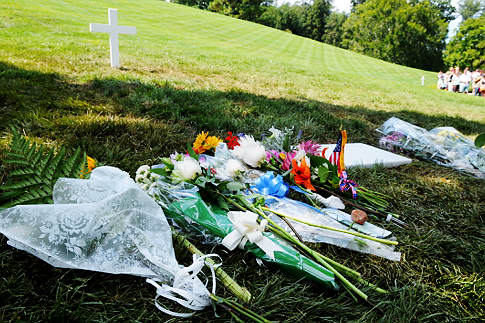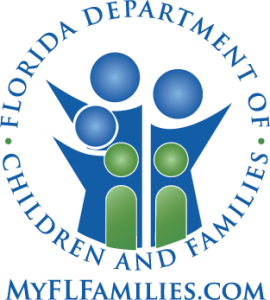Mental Health & Well Being
 Grief and loss can bring a number of emotions, and this can apply to animals and objects as well as people. Guilt, anger at the loved one who dies or at yourself, shock, and even numbness are common when grief and loss are being dealt with. The sadness and other intense emotions may linger for some time, and the grieving process can take months or even longer in some cases. There are some myths and misconceptions about grief and loss that are incorrect, and some of these may even be harmful in certain situations. Your grief must be processed, and there is more than one stage involved, but it is important to remember that each person is different and there is no right or proper way for you to deal with your grief and loss.
Grief and loss can bring a number of emotions, and this can apply to animals and objects as well as people. Guilt, anger at the loved one who dies or at yourself, shock, and even numbness are common when grief and loss are being dealt with. The sadness and other intense emotions may linger for some time, and the grieving process can take months or even longer in some cases. There are some myths and misconceptions about grief and loss that are incorrect, and some of these may even be harmful in certain situations. Your grief must be processed, and there is more than one stage involved, but it is important to remember that each person is different and there is no right or proper way for you to deal with your grief and loss.
The relationship between grief and loss is apparent, and you may grieve over a home, a pet, a friend or family member, or even the loss of your career or ambitions. There are different levels of grief, and the grieving process involves 5 distinct stages. These are denial, anger, bargaining, depression,. And then acceptance. Some individuals may go through all 5 stages while others may skip one or more in the grieving process. Sometimes grief and loss can be so devastating that support and assistance needs to be received.
Some of the most common myths about grief and loss include:
Grief and loss usually lasts about a year- The fact is that grieving is different for each person. Some may rebound in less than a year, while others may still be strongly affected even after two years.
Crying shows you cared- Crying is common at the loss of someone or something but it does not happen in every case. It is okay if you do not cry and this should not be cause for guilt. Often the shock of the loss keeps emotions dulled, and some people do not cry because of this.
Being strong is important- When you suffer from grief and loss being strong and silent can actually cause more damage, and this may cause the grieving process to take longer. Counseling will allow you to recover faster by working through your emotions and acknowledging these feelings rather than ignoring them.
Feeling positive emotions is disloyal or wrong- A common reaction for those coping with grief and loss for a family member or beloved friend is to feel disloyal anytime a positive emotion is felt. This response stems from guilt and a sense of betrayal because the individual is gone. It is okay to feel joy and there is no specified mourning period.






